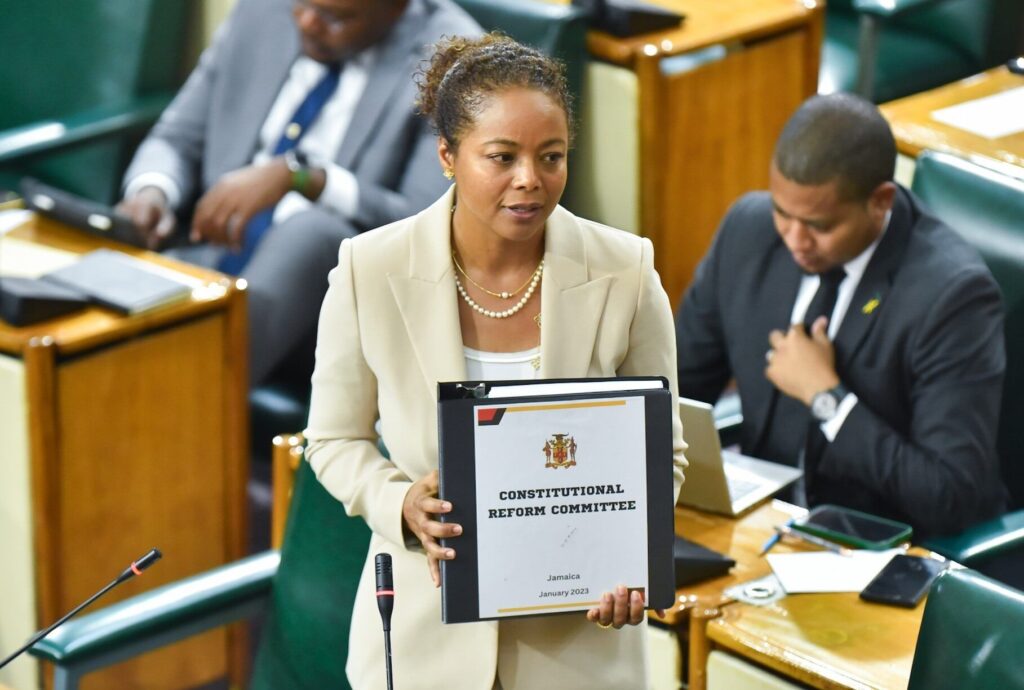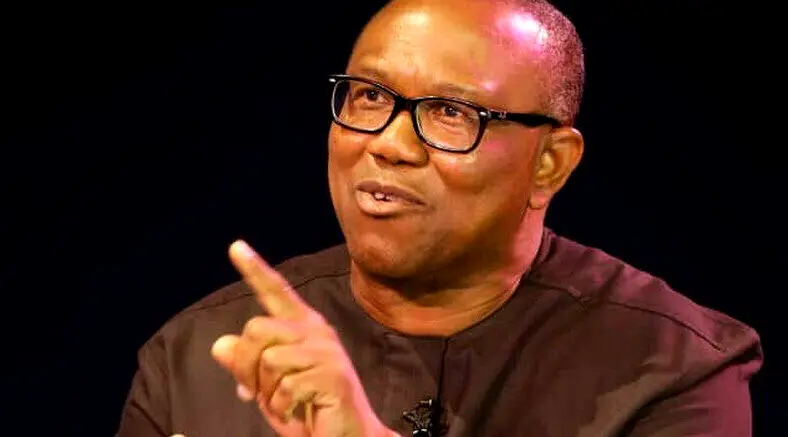Caribbean nations are making bold strides to break free from their colonial past. As the echo of Barbados’ move to become a Republic in 2021 reverberates, Jamaica is now poised to take the leap, signaling a decisive shift away from the British crown’s influence.

Amid the Caribbean’s turquoise waters and vibrant culture, a transformation is underway, as these nations rewrite their destinies. The latest chapter in this story is Jamaica, a land renowned for its rich history and reggae beats. As the Caribbean community watches in anticipation, Jamaica stands at the threshold of declaring itself a Republic, severing its ties to King Charles III, who serves as the monarch for several Commonwealth realms.
Belize’s Prime Minister, John Briceno, recently shared insights with The Guardian newspaper, revealing that the wave of change is far from receding. He suggested that Belize, too, was inching toward Republic status, drawing inspiration from Barbados’ bold move and echoing the sentiments of a region that yearns to assert its sovereignty.
While 12 other Commonwealth countries, including Australia, Canada, and New Zealand, maintain a constitutional monarchy system of government, the winds of change are shifting their focus. Their monarch, King Charles III, symbolizes a chapter of history that these countries are embracing the opportunity to leave behind.
The recent announcement from Jamaica is laden with significance, not just for the island nation but for the Caribbean and the wider world. It speaks to the spirit of self-determination, the desire to reclaim a narrative that was once shaped by colonial powers, and the recognition that the time has come for a new era.
As the Caribbean navigates this transformation, a sentiment of reclamation is palpable. The narrative is no longer defined solely by a colonial legacy; it is driven by the collective aspirations of a people who see themselves as authors of their own destiny. The decision to become a Republic is symbolic of more than a shift in governance – it is a declaration of identity, a reclamation of history, and an embodiment of a renewed sense of agency.
Amid these seismic changes, one cannot help but recognize a broader pattern – the resurgence of African heritage and influence. The Caribbean nations, themselves products of the African diaspora, are standing as beacons of change, reflecting the fierce spirit of Mama Africa herself, rising with a vengeance to reclaim what was stolen and rewrite the narrative.





